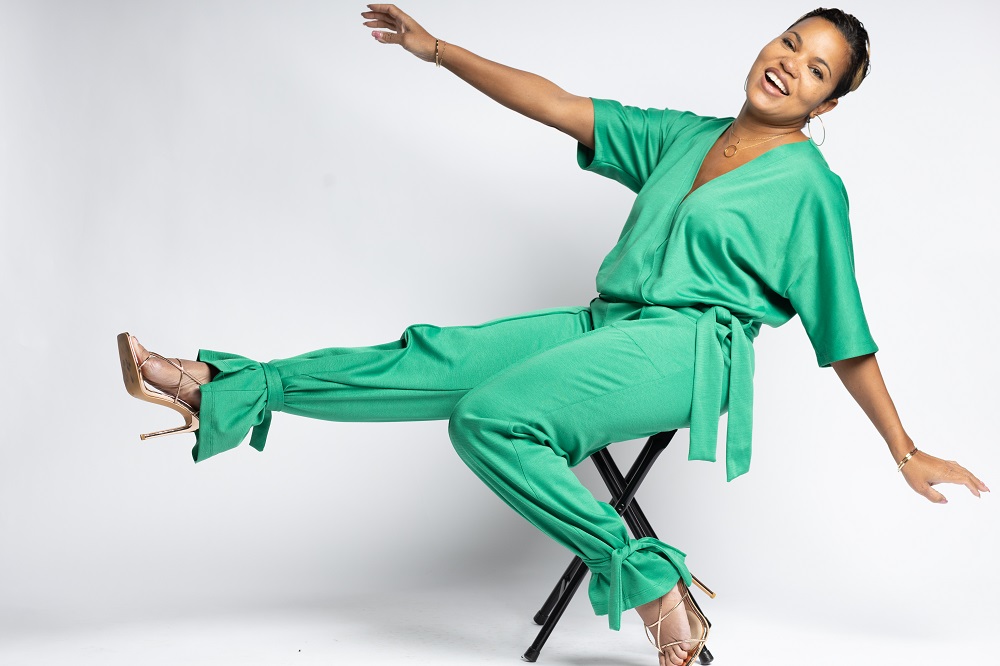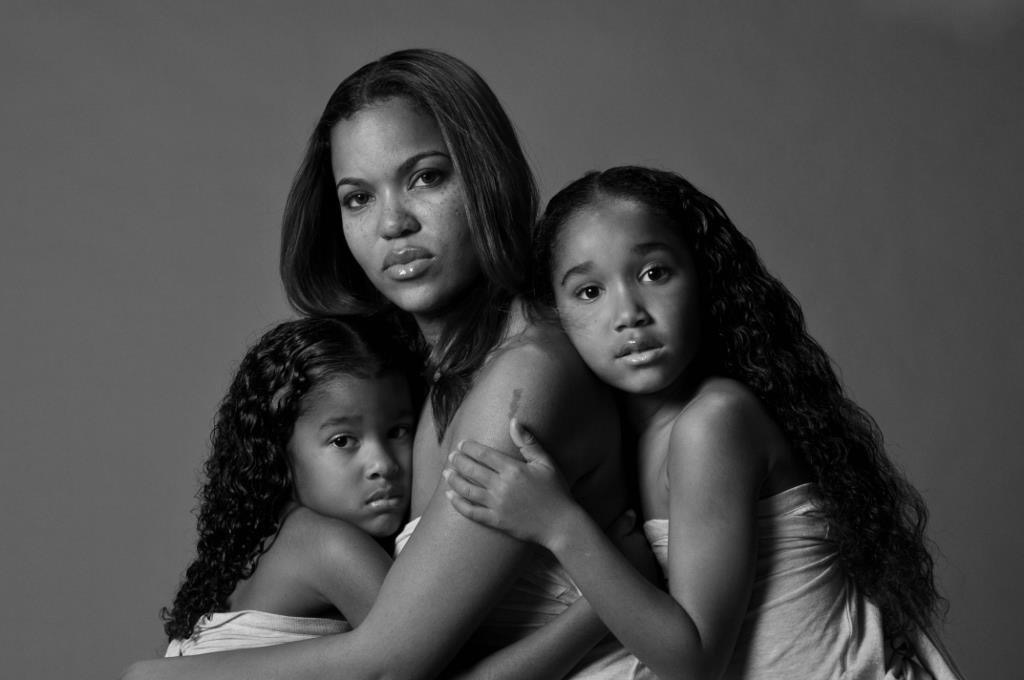7 Questions for TRACY NICOLE
The Atlanta fashion designer, philanthropist and author discuss her strategies for overcoming fears and the major medical setback that set the stage for her huge success.


Atlanta fashion designer Tracy Nicole not only heads her namesake line of luxe, soft-knit clothing, but she also presides over a foundation aiming to empower women and children nationwide. The Tracy Nicole Foundation is the architect of the Perfect Peach Workshops, a set of exercises that were created in conjunction with Who Said Peaches Were Perfect, the book she authored to build the self-esteem of school-age girls.
In addition, her iPromise program has created a network of over 12,000 women who come together to share their professional goals, challenges and accomplishments. In a partnership with Chase, Nicole has managed to host for clients in her sprawling Buckhead showroom financial workshops for women, arming them with information to thrive in situations such as unexpected divorce or death.
Nicole — a former occupational therapist specializing in head injuries while attending fashion school at night – has achieved her professional goals while incorporating a life of purpose. “My dream was to create something timeless,” says Nicole. “I wanted to build a brand that would be around long after I’m gone.”
SocialAtlanta editor Brett Graff sat down with the designer to discuss her strategies for overcoming fears and the major medical setback that set the stage for her success.
——————
Why did you write “Who Said Peaches Were Perfect?”
The book is loosely based on my own experience growing up. I witnessed domestic violence and a hostile environment, and I spent years learning what love is. I wrote something I wish I could have read in high school – a fictional book of life lessons from two girls in Atlanta.
What do readers take away from the book?
That no one is perfect, but we’re all perfect in our own right — flaws and all. What’s more, mistakes don’t determine your life and how you grew up is not a reflection of how far you can go. It’s a book based on self-love and forgiveness.
I deal with some racy issues in the novel and workbook is cleaner. You can use them together or separate, but the book for middle school and high school aged kids.
Why classes in finance for your fashion customers?
The biggest challenges for fashion houses are financial challenges. If you look up why most brands go out of business, it boils down to finances. Everything leads to your finances. The people keeping me in business have disposable incomes, so they’ll want to protect those. Our main monthly event is Self-Care Sunday. I remind women to take care of themselves, to spend the day with me for cocktails conversations, music and retail therapy. And there, I always feature an entrepreneur. I want to use my platform to uplift a brand because I know how hard it is to break out.
How hard is it, in fact, to break out?
It’s hard! I started after I got divorced and his lawyer told me to “stop dreaming and get a real job.” That was one of the most painful experiences of my life. But it fueled me, and I said, “I’m going to show you I can do this.” They were my dreams and I held on to them. It’s so important not to let anyone kill your dreams, especially based on your circumstances.

Most people have trouble remembering it was 1988 when women could get business loans without a man co-signing – how did you get funding?
When I opened my store, I went to the bank and it was extremely difficult to get money. I had an impressive business plan, and because I could explain it – I sounded good and I looked good — I got a $50,000 loan, no collateral. While it was easy to get the loan, I needed my husband’s financials to open the store.
But I tell you this: I opened a store is because I was scared to start my own clothing line. Fear, straight fear.
It’s hard to imagine you were afraid!
What I do know is that fears are not real. They’re created in your head. For me, the fears were a combination and question of competence – could I do this and be successful at it? They were fears I had to overcome. But of course, while you’re in the thick of it and feeling the fear, you don’t know it’s not real. It’s the conversations we have with ourselves. But it was easier to own a store and sell other people’s clothing than battle the fear and get out there.
What got you out there, creating your own designs?
The year I got the courage to jump was also the year I was diagnosed with breast cancer. Single, in my 30s, divorced with two kids and I got a mammogram because my mother is a survivor. Black women, partly due to lack of resources and education, were dying more than white women. I learned that with early detection, you can survive this.
I was diagnosed and my life changed forever – in some good ways. I realized that I was going, going, going in my life and this slowed me down, made me more present. I became a better mother, I became a better friend, I started appreciating little things.
But I was distraught, I was emotional, and I delt only with my inner circle. My only outing was to the doctor and I wanted to look good going to the doctor. I searched my closet for clothes that were soft, that fit, and that could accommodate the tubes coming out of me. I always went to the doctor looking cute, the staff there would say, “What’s Tracy wearing today?”
That year I worked on my first collection, soft, stretchy fabrics that make you feel good and sexy. I think that promotes healing. My clothing line for me is a reflection and a testimony of my life.


Brett Graff is SocialMiami.com’s managing editor and has been a journalist covering money, people and power for over 20 years. Graff contributes to national media outlets including Reuters, Glamour, Harper’s Bazaar, Maxim, and the PBS show, Nightly Business Report. A former U.S. government economist, her nationally syndicated column The Home Economist is first published in The Miami Herald and then on the Tribune Content Agency, where it’s available to over 400 publications nationwide. She is broadcast weekly on two iHeartRadio news shows and is the author of “Not Buying It: Stop Overspending & Start Raising Happier, Healthier, More Successful Kids,” a parenting guide for people who might be tempted to buy their children the very obstacles they’re trying to avoid.


